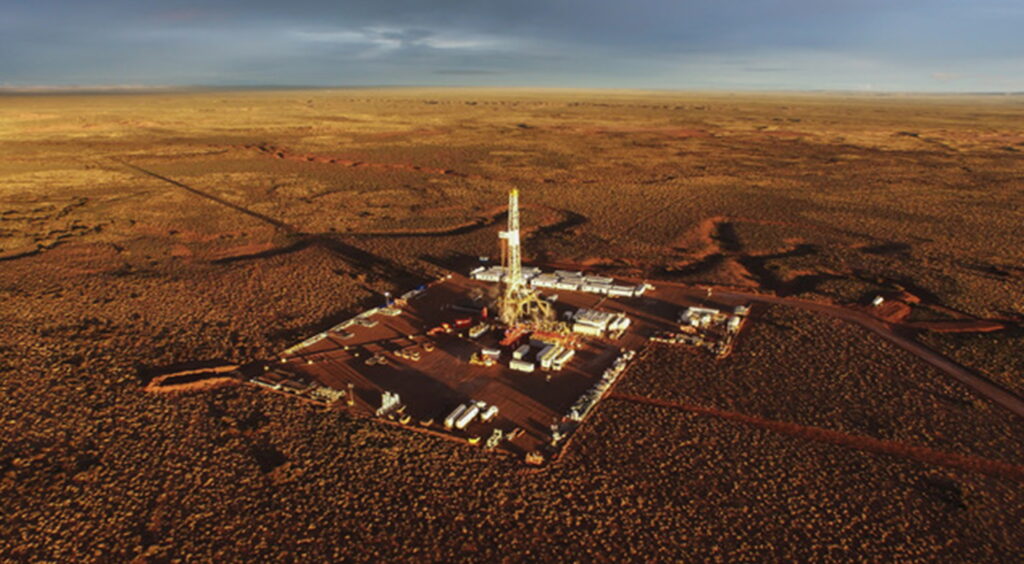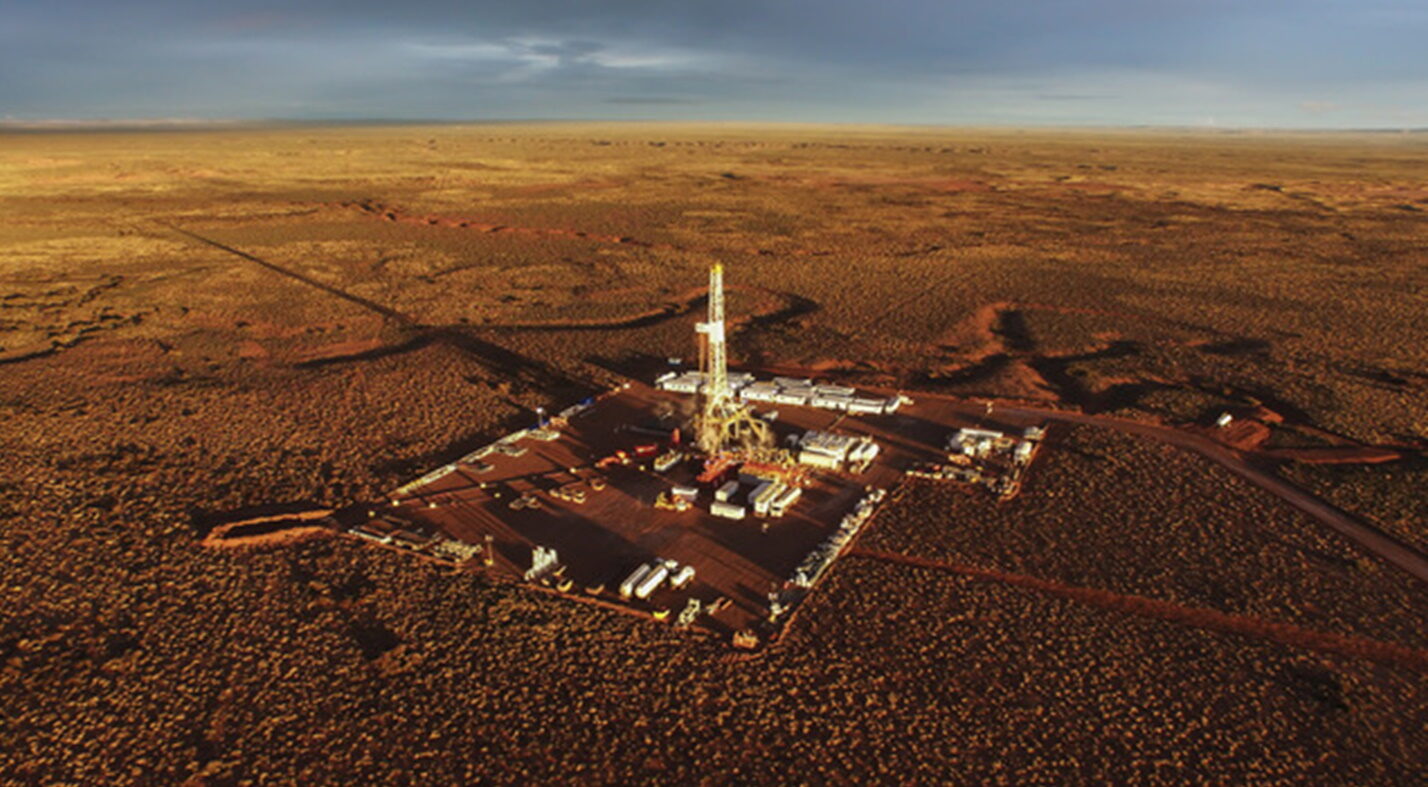
FEELING BLUE WHILE GOING GREEN
In the last year, people around the world have suffered huge rises in the cost of energy. Petrol, diesel, and domestic electricity and natural gas prices are now past the point that many people can afford. While misguided energy and climate policies have been contributing to precisely this problem for years, it seemed to begin as the world emerged from the restrictions placed on it by Covid.
RISING PRICES, NOT CLIMATE CHANGE, DRIVE INFLATION
Since the mid-2000s, politicians have been driven by the idea that people’s wellbeing depended on eliminating CO2 emissions, rather than on the energy that powered society and the economy. Green lobbying stopped new gas exploration. Fracking was banned entirely in some countries.
Even before the pandemic, the cost of financing oil and gas projects had doubled, making investment in new operations economically unviable. This has left companies unable to respond to increasing demand. Despite profits rising from the increased price of oil and gas, they are unable to raise the capital necessary to increase production.
The climate lawsuits against fossil fuel companies have failed in all but one case. Notwithstanding that, the campaigns frightened investors by telling them that their money was at risk. Their pressure on financial institutions forced them to withdraw financial services and loans from fossil fuel companies. This is why the cost of capital for fossil fuel companies rose, why investment in infrastructure fell, and why the energy supply crisis that has caused prices to skyrocket cannot be solved.
ESG – new, costly demands on companies
This new movement of shareholder activists in turn demanded that companies were rated, not just according to their economic performance, but on climate risks, and metrics that measured their Environmental, Social and corporate Governance policies, or ESG for short. And it has been ESG, not climate change and extreme weather that is now causing hardship.
In late 2021, pioneers of ESG rushed to take responsibility for the rising cost of energy. According to one analyst, pressure from ESG investors explained rising prices.
The main force driving organisations that campaign to scare investors and financial institutions away from fossil fuel companies are a small number of philanthropic foundations.
Charities in name only
Operated as ‘charities’ and ‘civil society organisations’, these foundations’ beneficiaries are able to assert their influence in the political sphere without appearing to be serving the business interests of their funders.
One of the biggest funders of ESG lobbying organisations is British billionaire hedge fund manager Sir Christopher Hohn’s investment firm, The Children’s Investment Fund, or TCI. (And incidentally, between 2006 and 2009, the current UK Chancellor of the Exchequer, Rishi Sunak, was a director of the company.)
TCI grants a small percentage of profits it makes from investing Hohn’s and other people’s wealth into the philanthropic foundation he also operates, called The Children’s Investment Fund Foundation, or CIFF. Though it may be presented as ‘charity’, intended to make the world a better place, this ‘philanthropy’ has been good business for Christopher Hohn.
In the first decade of its existence, TCI was a relatively small hedge fund that struggled to maintain growth. But in the era of ESG investing, as pressures from climate campaigning exploded, TCI’s fund grew from holdings worth around just one billion dollars in early 2014, to nearly $42 billion dollars at the end of 2021 – an explosive growth of approximately 3,600%.
TCFD – backed by banks and financial institutions
The framework that ESG lobbying and campaigning organisations demand that companies adhere to was developed by a little-known organisation called the Task Force for Climate-Related Financial Disclosures, or TCFD. The TCFD itself was founded by another obscure intergovernmental agency, the Financial Stability Board, or FSB – an organisation established by members of the G20 and the European Union, their financial ministries and central banks.
Central banks – with no democratic mandate – have become leading advocates of ‘responsible’ investment. As both governor of the Bank of England and Chair of the FSB, Mark Carney founded the TCFD and appointed Michael Bloomberg, the billionaire media tycoon, investor, anti-fossil fuel campaigner and failed presidential candidate as its chairman.
TCFD is run by the senior staff of the world’s most powerful firms. Its officers are drawn from Black Rock, the Industrial and Commercial Bank of China, Swiss Re, Aviva, JP Morgan Chase, BNP and Unilever. There may be no end to this crisis until the undemocratic, unaccountable and self-serving influences that drive the green agenda are prevented from using their money to change society in this way.
‘Not us – COVID and Ukraine’
Asked about rising energy prices, Andrew Bailey, governor of the Bank of England, said: ‘It’s extremely uncomfortable. I don’t want to make any bones about it. But the fact of the matter is that we are being struck by historically large shocks. I mean, let’s face it, who of us though there would be a war in Europe of the sort that we’re seeing. It’s terrible.’
Now that a cost of living crisis is undeniable, technocrats, journalists, campaigners and politicians, all of whom have pushed for ESG, are trying to blame other factors for price rises and inflation: the Covid-19 pandemic, and Russia’s war in Ukraine.
But bankers who have the courage and the intellectual rigour to tell the truth and to speak out against the green agenda are immediately punished.
Stuart Kirk, the now suspended global head of responsible investing at HSBC (and who apart from his various senior bank postings, was formerly the editor of the Financial Times’ influential Lex column, and holds a Masters in economics from Cambridge where he was President of the Union) recently made a bank-approved and extremely well structured presentation entitled “Why Investors Shouldn’t Worry About Climate Risk” at an FT Conference.
He said what many in his industry believe, but are too shy to say, that climate change poses a negligible risk to the global economy and that central bankers are partly to blame for the current economic crisis because they have focused too much on climate change while ignoring much larger and more immediate risks, like inflation.
But HSBC, perhaps unable to handle the honesty, within days suspended Kirk pending an investigation.
As the Wall Street Journal opined in a piece entitled A Financier tells some Climate Change Truths – “Credit to Mr. Kirk for exposing the hubris of the regulatory climate emperors even as his superiors shrink in fear”.
As important as understanding the root cause of rising prices is evaluating their impact on your business, where can you reduce costs, how can you manage energy shortages? When you need fast answers to hard problems, Forecast 5, the best budgeting and forecasting program, is the way forward.
Try it for yourself with our 21-day free trial.
Credits:This post is closely modelled on and gives full credit to the video “Intended consequences: energy price rises & inflation” produced by journalist and researcher, Ben Pile together with an article he wrote in The Consesrvative Woman, The green agenda’s role in global inflation
